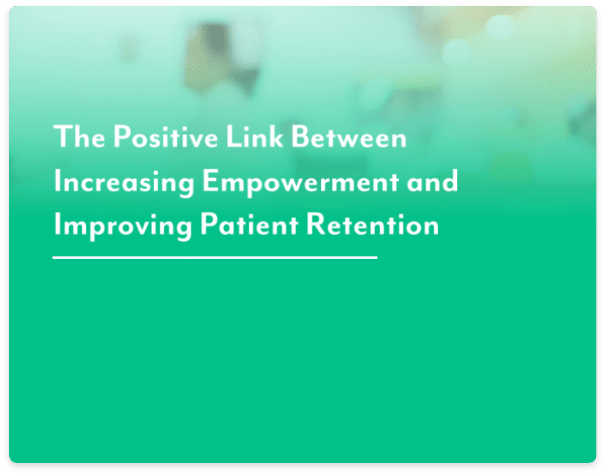It’s October again, folks. The tenth month, with only two more to go until this rollercoaster of a year comes to an end. Everyone is ready for all things spooky. Here’s an example for you: it’s pretty creepy researching topics for these posts and having articles come up from January of 2020, before we knew everything that lay in store.
There is no denying that COVID-19 has thrown us some pretty enormous loops in the healthcare industry. While there have been new additions to the burden for healthcare practice administrators, other challenges remain the same. We gave you the overview in our last installment of this series on the FT Partners and QED Investors report entitled “Healthcare Payments: Consumerization And Digitization Create a Massive Fintech Opportunity.” Today we address the topic of the evolving administrative challenges for practice leaders and how to reduce them.
The broad strokes are these. Although the number of healthcare providers have increased relative to population growth since the 1970s, the number of healthcare administrators has grown exponentially. Even with the large numbers of admins, doctors are often asked to perform administrative tasks between appointments leading to rising costs, overworked doctors, and delayed appointment times, among other complications. In fact, physicians typically spend an average of ½ of their workday on tasks related to EHR work, and over 25 percent of hospital costs are administrative-related.
Add to these the challenges of dealing with the COVID-19 pandemic. With fewer patient visits driving down income and reducing staff for practices, even those who were thinking to digitize manual administrative tasks are finding it more difficult to make much-needed updates to workflows. The choices appear to be struggling with existing manual systems or shaking up already unstable practices with major system overhauls. Rock, meet hard place.
A recent Medical Economics article makes recommendations for the processes providers should consider digitizing in order to make the easiest and most efficient workflow changes.
- Patient check-in
The right digital patient check-in solution will boost staff productivity while reducing patient wait times. These days, practices should look for 100% mobile check-in capabilities to reduce patient touchpoints in the provider’s office. For example, getting rid of all paper forms not only reduces waste, it also keeps patients safer by eliminating the sharing of pens or clipboards. Our Express Check-in also enables patients to verify and update insurance information, make payments, and leave payment information on file for automatic payment of residual balances.
Health iPASS is proud to be featured on page 71 of the FT Partners/QED report as a featured solution for point-of-care intake and payments.
- Patient-provider communication
Practices that rely on voice calls for appointment reminders are way behind the ball. These days, patients expect that their medical providers will stay in touch using SMS texting, or even email. By digitizing provider-patient communications, practices can not only boost efficiency, but also cut costs, encourage preventative care, and improve scheduling.
Again, Health iPASS Express Check-in offers SMS appointment reminders and much more. Clients can even send voice or email reminders depending on the patient’s preference. Health iPASS integrates with most leading practice management (PM) systems including Epic, Allscripts, and athenahealth. Our highest levels of integration enable Health iPASS to automatically post demographic and insurances changes, payments, and completed forms right into the practice PM system—a huge timesaver!
- Physician documentation
One of the major causes of physician burnout is dealing with administrative tasks such as documentation. According to The New England Journal of Medicine, this task requires an average of 16 minutes per encounter. Digitization of documentation tasks through speech-recognition software is a game-changer for many practices, saving time, money, and frustration. Health iPASS is proud to recommend our partner iScribe for easing this burden on physicians. iScribe integrates seamlessly with Health iPASS and your EHR system and can be up and running in one day. Visit their website to learn more.
Health iPASS and our partners can provide the digital solutions your practice needs to stay competitive and thrive, even during these challenging times. We’d love to show you a demo of how we can help!







